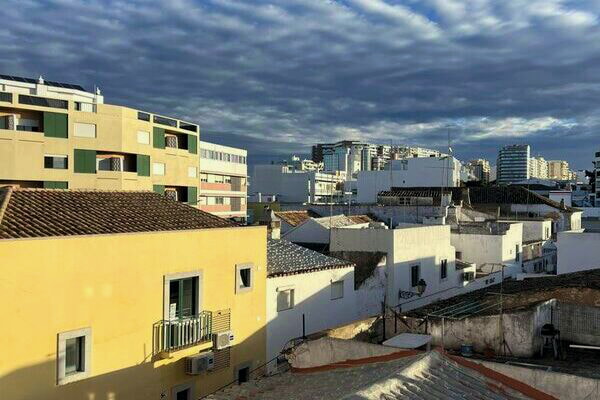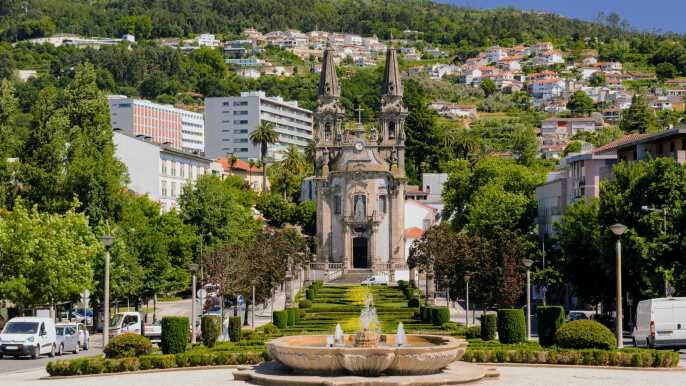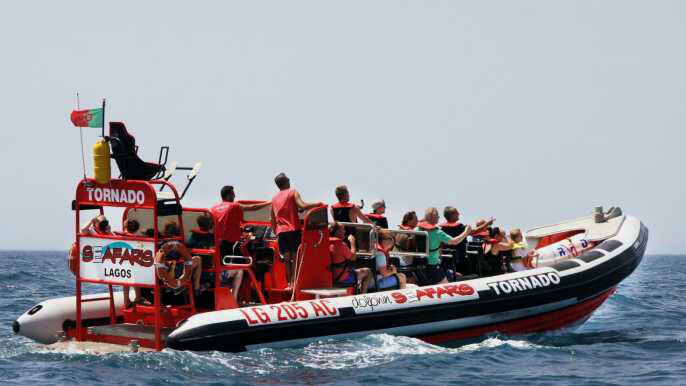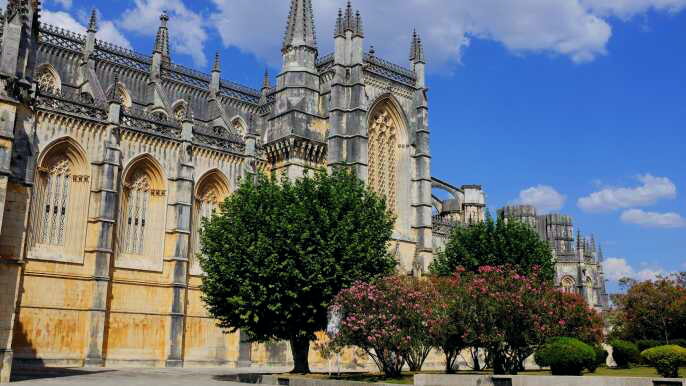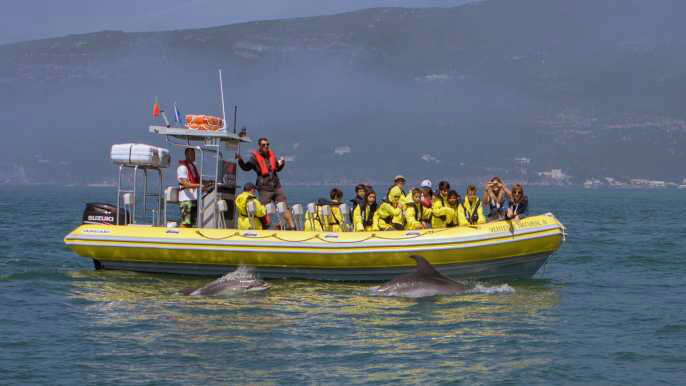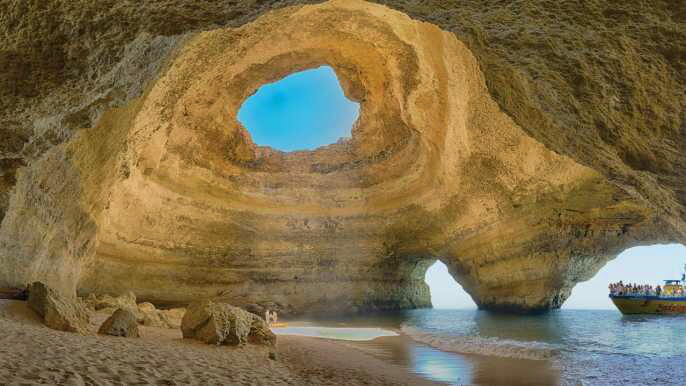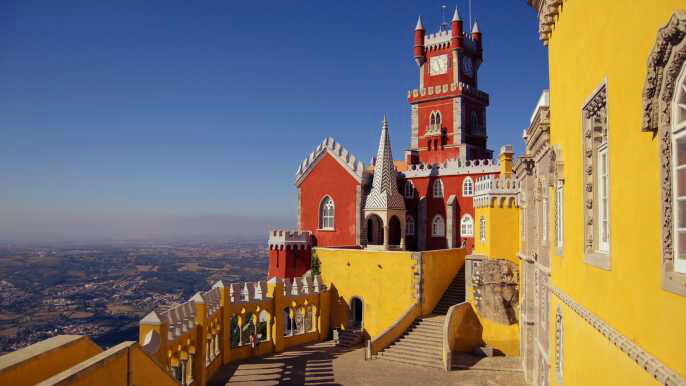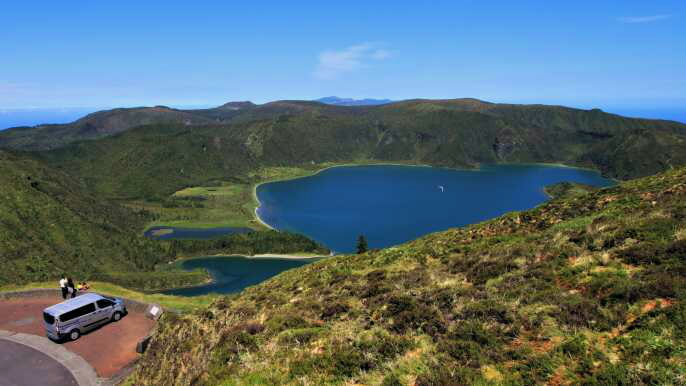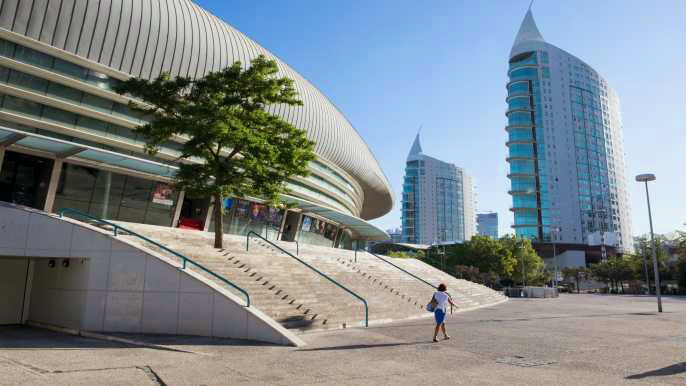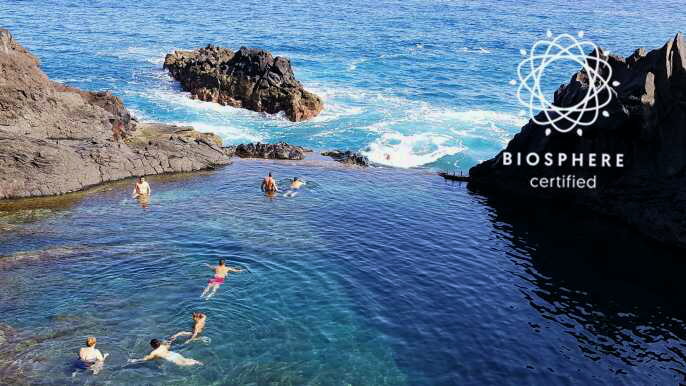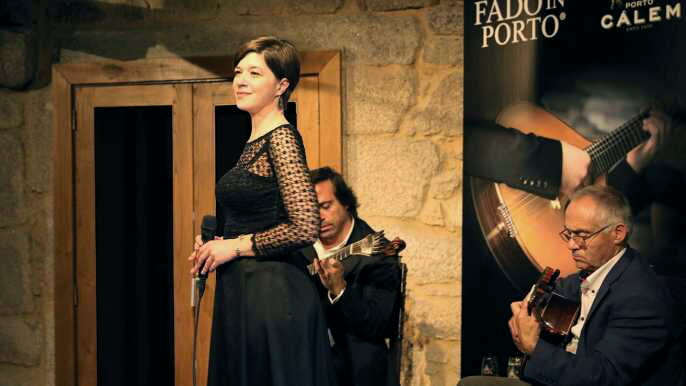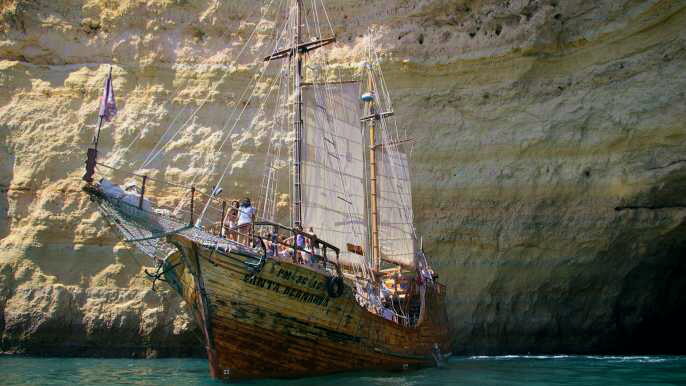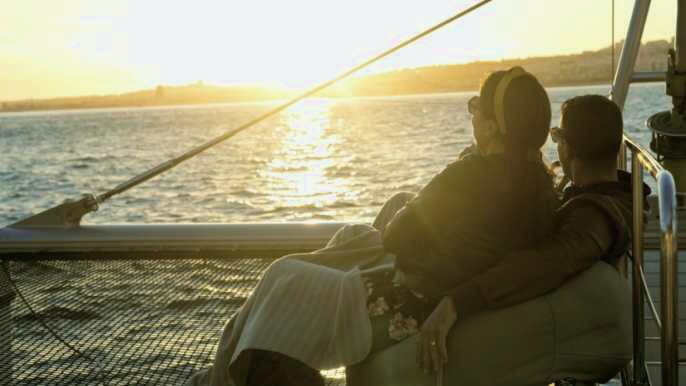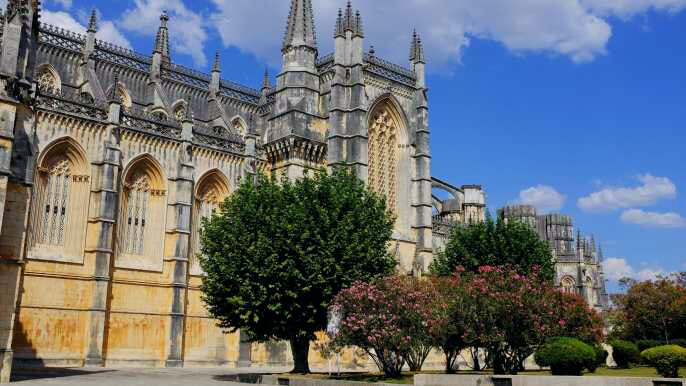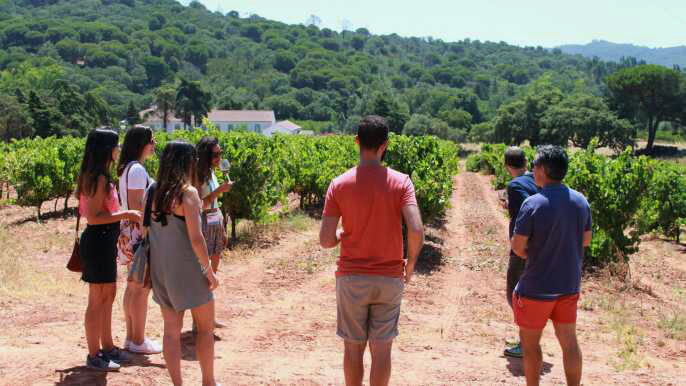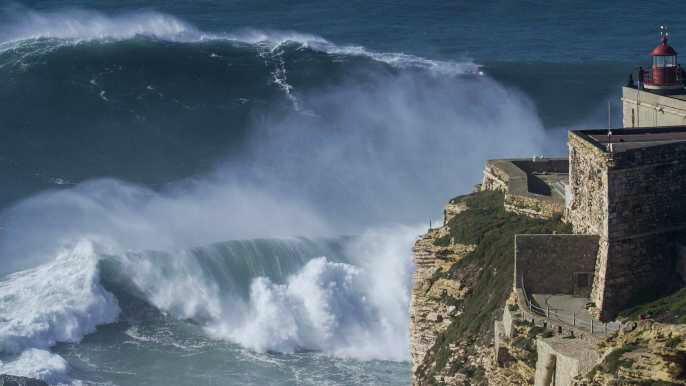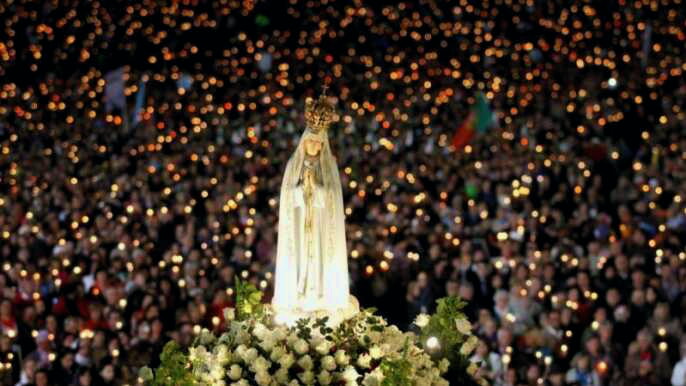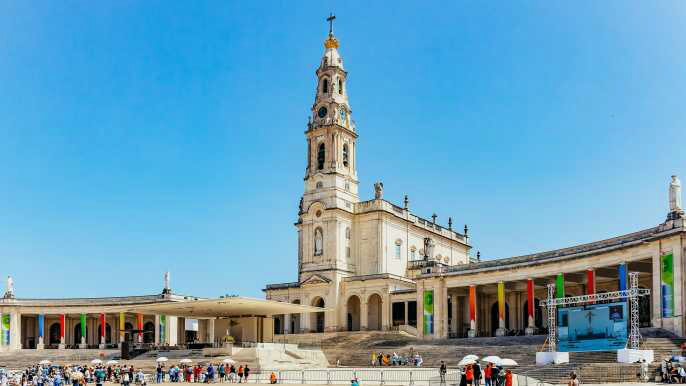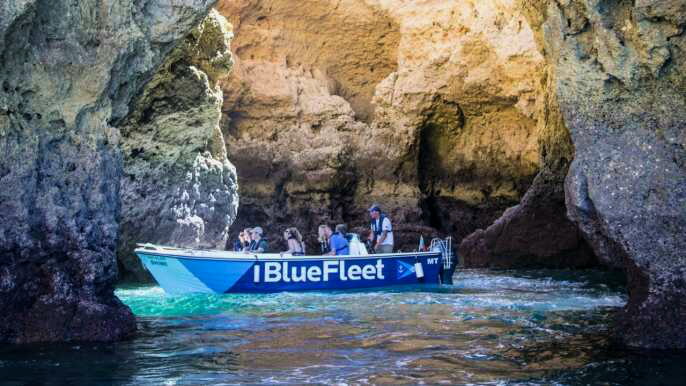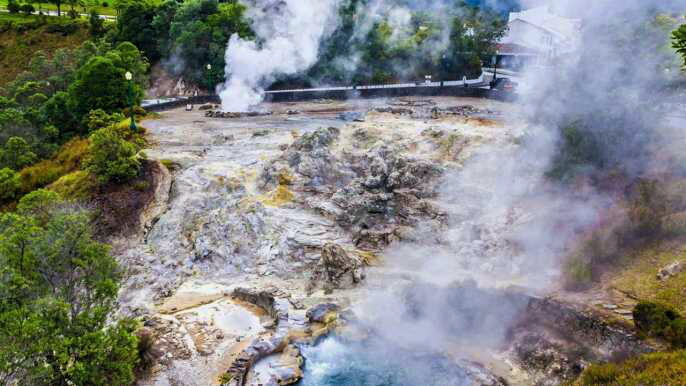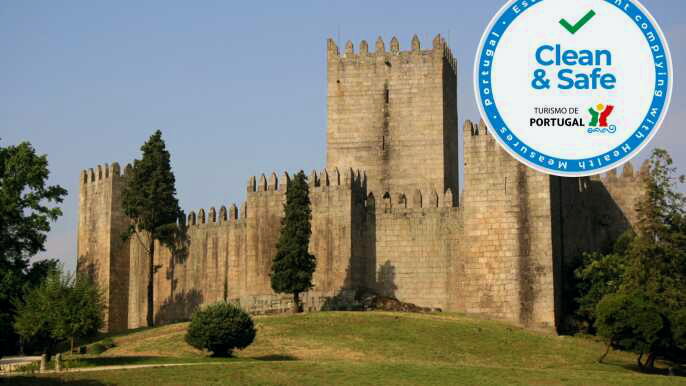Whether you are visiting Faro for the first time or just a repeat visitor, you will find many things to do here. From ancient castles to beaches, there are plenty of reasons to visit this city in Portugal.
Old Town
Located near Faro, Portugal, the Old Town of Faro is one of the most beautiful cities in the Algarve. This historic city is surrounded by ancient Moorish walls and boasts many impressive monuments.
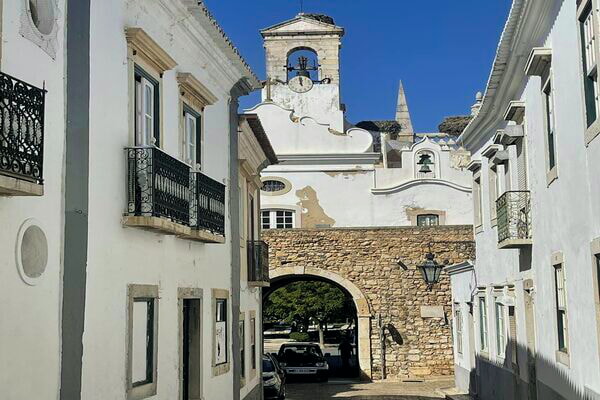
The Old Town of Faro has a long history, and many of its oldest buildings were built during the 16th and 17th centuries. Aside from the famous Cathedral, the city has several other interesting places to see.
The Old Town of Faro is home to the Archeological Museum, or Museu Municipal de Faro. It is located in a former convent and houses Roman mosaics from Ossonoba. This museum is a great way to learn about the city's history.
The city also has a pretty marina, and visitors can enjoy a drink or two in a nearby bar. In summer, free concerts are held at the Forum Algarve.
Moorish castle
Among the best things to do in Faro, Portugal, is to visit the Moorish castle. It is a Middle Ages building that consists of a complex of stone structures built on a 450-meter cliff.
The oldest archaeological remains of the castle date back to 5000 BC. They were discovered under the former Medieval Islamic Quarter and are considered to be one of the oldest of the castle's ruins.
A special project to conserve the castle's relics of national importance was undertaken by the authorities. The castle is open to visitors every day from 9 am to 6:30 pm. The ticket prices for adults range from EUR6.5 to EUR8. There is also an on-site archaeological museum. The interactive exhibits discuss astronomy, tides, kinetic energy, and tectonic plates.
A few centuries later, King Ferdinand II began a restoration campaign of the castle. The most famous attraction of the fortress is the Place of Arms, the widest part of the fort. This structure was used for military purposes during the Middle Ages.
Ethnographic museum
Located in Faro, the Algarve Ethnographic Museum is a great place to learn more about the region's rich history. It is also home to a variety of artifacts and crafts from all over the Algarve. In addition to being a historical site, the museum also recreates a traditional house from the region. There are also exhibitions of paintings and furniture.
The Almirante Ramalho Ortigao Maritime Museum displays model boats and marine life. It is also home to a laboratory where visitors can learn more about restoration and conservation.
There is also a collection of archaeological artifacts at the Infante Dom Henrique Archaeological Museum. It is situated near the city's railway station. There is a 3rd century Roman mosaic on display as well as artifacts from the prehistoric and Roman periods.
Beaches
Located in the Algarve, Faro has a variety of beaches. There are several islands and sandbars along the coast. Some can only be reached by boat. The most popular beach is Praia da Ilha de Faro, which is situated in the Ria Formosa Natural Park.
The best time to visit Faro is during the summer. However, the town does have a small all-year-round population. There are plenty of shops and restaurants in the city centre. It's also home to the Faro Cathedral, which is a must-see. The church has a beautiful baroque style. The bell tower offers stunning views of the city.
If you're not planning on staying in Faro, there are many beautiful beaches nearby. You can reach the sandbars by ferry or motorboat. You can also explore the islands that dot the coast by sea.
Jewish cemetery
During the 19th century, Faro had a thriving Jewish community. These Jews prospered in charcoal, cloth, and cereals. They also benefited from being located in a relatively safe place. They were known as the "Little Jerusalem" by locals. In the late 1700s, they began to become a part of Portugal's economic life.
Isaac Bitton was a successful business executive and philanthropist who vowed to restore the Jewish cemetery in Faro. He registered a nonprofit organization, the Faro Cemetery Restoration Fund, in Illinois. He subsequently visited the cemetery and was inspired to start fundraising.
There are a number of small Jewish communities scattered throughout the Algarve. Most of them are retirees from Anglo-Saxon countries. In recent years, there has been a mini-Jewish renaissance.
The largest synagogue in the Iberian Peninsula is the Kadoorie Mekor Haim in Oporto. The community is made up of Jews of all origins and religions.


